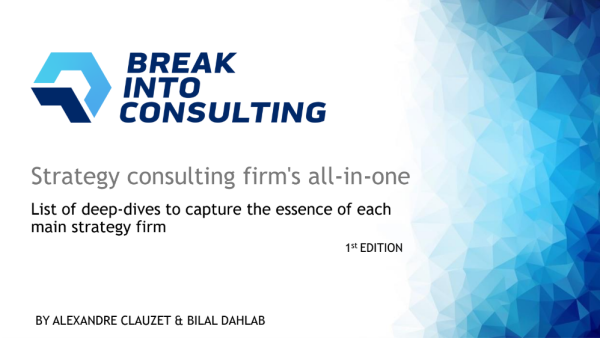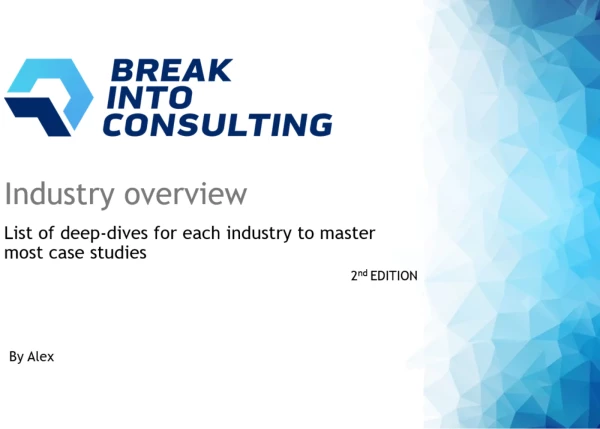I have my own consulting business and was approached by another firm that says a client of theirs is interested in my services. They said they would recommend me to their client however they want %15 of the take. Is that leading practice? A fair deal? Seems extremely steep. I also don’t have a good feeling about such arrangements. If I were to recommend them to someone I would then also have to apply the same principle.
Thanks, seems to be normal for that percentage and. In many cases much higher. Thanks



Thanks, yes that’s what I’ve gathered. Lots of pluses for doing it, more clients through that source, building credentials. Any fees are gonna be factored in as well so financially will accommodate for it. Thanks